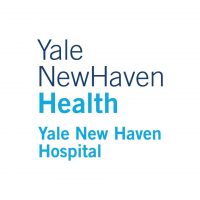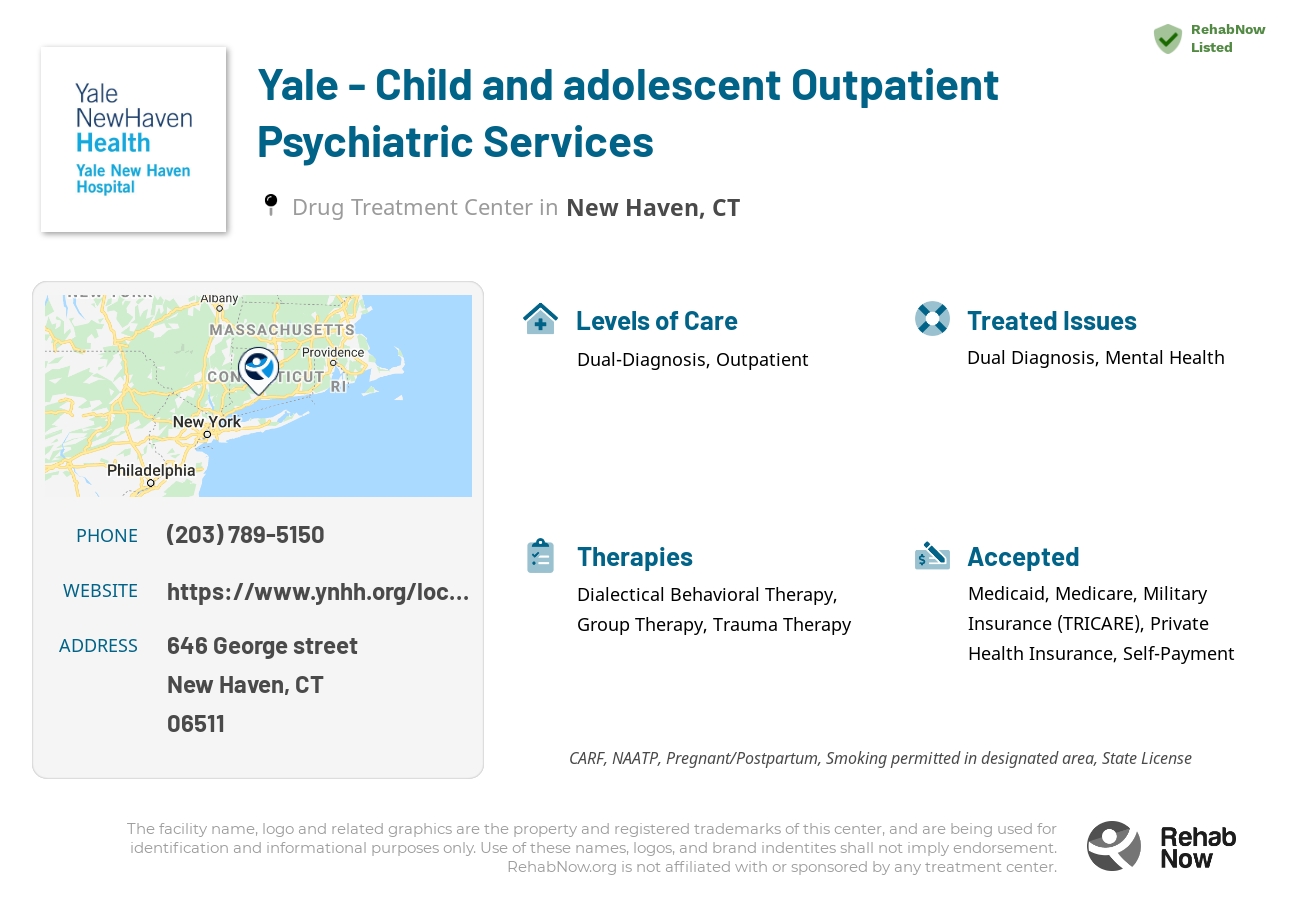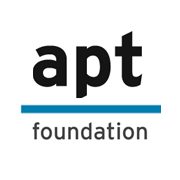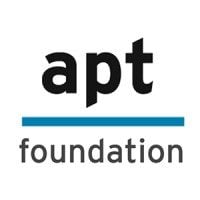Yale - Child and adolescent Outpatient Psychiatric Services
Drug Rehab Center in New Haven, Connecticut
YCAPS is a mental health care center located in New Haven, Connecticut that provides specialized outpatient care for children and adolescents struggling with mental health issues, as well as substance abuse and addiction treatment.
About
Yale - Child and Adolescent Outpatient Psychiatric Services (YCAPS) is a mental health care center located in New Haven, Connecticut. YCAPS is part of Yale New Haven Health, a highly acclaimed health care system known for providing world-class medical care. YCAPS provides specialized outpatient care for children and adolescents (up to age 21) who are struggling with mental health issues, such as depression, anxiety, and trauma. YCAPS also offers comprehensive services for the treatment of substance abuse and addiction.
At YCAPS, addiction and substance abuse treatment is tailored to meet the individual needs of the patient. The services include assessment, individual and group therapy, family counseling, psychiatric medications, life skills building, and case management. This comprehensive approach allows YCAPS to provide comprehensive care and customized treatment plans for each patient. YCAPS also recognizes the need for ongoing support throughout addiction recovery, and provides care coordination and aftercare services.
YCAPS is accredited by the Joint Commission, the leading health care accreditation organization in the United States. YCAPS has received multiple awards and recognitions for its outstanding mental health care, such as the Brightpoint Health Network Award for Excellence in Mental Health Care and the Women of Excellence Award. YCAPS also holds a license from the Connecticut Department of Mental Health and Addiction Services (DMHAS). YCAPS is committed to providing the highest quality care and strives to provide an integrated care system that is tailored to meet the unique needs of each patient.
Genders
Ages
Modality
Additional
Conditions and Issues Treated
A person who struggles with addiction and a mental health condition suffers from a dual diagnosis. This means that they have two issues that must be treated. The specific mental health issues that the patient at Yale - Child and adolescent Outpatient Psychiatric Services might have include but are not limited to:
- Depression
- Bipolar Disorder
- Anxiety
- PTSD (Post Traumatic Stress Disorder)
The specific addiction issues that the patient might have include but are not limited to:
- Alcoholism
- Drug Addiction (i.e., Cocaine, Meth, and other stimulants, Marijuana, and Ecstasy)
The combination of the two illnesses can be tough to treat. Taking care of one or the other is tough, and taking care of both cannot be done alone. A patient who receives dual diagnosis treatment will be given the best chance at becoming sober.
Levels of Care Offered
This center offers a variety of custom treatment tailored to individual recovery. Currently available are Dual-Diagnosis, Outpatient, with additional therapies available as listed below.
An outpatient treatment program is set up to help with alcohol or drug addiction or a co-occurring disorder. The treatment must attend the treatment facility for their therapy and other programs but return home each night. The frequency of mandatory attendance decreases after much of the treatment program is complete. The treatment programs are monitored by the treatment facility and case managers who work for a judge or judge’s office. A treatment program may be performed out of a treatment facility, treatment clinic, or treatment center.
The benefits of outpatient treatment programs are many. One of the most beneficial treatment programs is that it allows treatment for clients who cannot afford or may not be able to attend treatment at a treatment facility, treatment center, or treatment clinic full-time. Another benefit of treatment programs is that they reduce crime rates because treatment allows people to treat their addiction.
Therapies & Programs
Group therapy sessions provide recovering addicts with a chance to cope with everyday situations that many face. Group therapy sessions are held in rehab facilities, clinics, churches or community centers that offer drug addiction treatment.
People who attend these groups are encouraged to voice their feelings and support other addicts in recovery. This helps group members strengthen their own recovery program while cheering on others who are struggling with sobriety.
Trauma therapy allows them to work through past trauma to have peace of mind and begin down the road of sobriety. The therapist will work with the individual to help them understand their past and present relationships. Patients may often believe that something is inherently wrong with them or they are unworthy of love. The therapist aims to correct these negative feelings and behaviors by helping the person realize that their actions do not reflect who they truly are.
Dialectical behavior therapy, or DBT, is one form of cognitive behavioral treatment. This type of therapy typically involves both individual and group sessions with a therapist on a regular basis.
It uses concepts like mindfulness training to help addicts learn how to identify their thoughts, feelings, behaviors and the experiences that trigger them so they can avoid relapse. DBT also teaches addicts how to regulate their emotions, which can make it easier for them to avoid or overcome negative thoughts and cravings.
Cognitive Behavioral Therapy (CBT) is a highly effective treatment option based on the idea that how we feel, think and act all interact together. Our thoughts determine our feelings and behaviors; our feelings affect our thoughts, and our behaviors change our thoughts and feelings. CBT helps people explore their thoughts for problems (or false beliefs) that influence their mood and actions. By examining their thoughts and beliefs, people can recognize distorted or irrational and modify them to more realistic, positive ones. CBT is very goal-oriented, which means that the therapist and patient work together on a specific problem while learning to become more adept at solving future problems.
CBT works well with a broad range of people, including those with depression, anxiety disorders, eating disorders, and problems with anger. In addition to helping a client focus on thoughts that can be changed, CBT also allows them to take an active role in their treatment. This is called a collaborative approach because both patient and therapist work together to produce the best possible results.
CBT is based on cognitive learning theory, which says that our behavior is a learned response to our environment. Cognitive refers to thoughts and beliefs, while behavioral relates to actions or deeds. CBT helps people learn ways of behaving to improve their quality of life by focusing on specific problems or goals they want to achieve. Sometimes, CBT is used alone; other times, it is combined with medications or brief counseling techniques such as solution-focused and motivational interviewing to achieve optimal results for the patient.
Payment Options Accepted
For specific insurance or payment methods please contact us.
Is your insurance accepted?
Ask an expert, call (888) 674-0062
Yale New Haven Health Associated Centers
Discover treatment facilities under the same provider.
- Yale - Adult Intensive Outpatient in New Haven, CT
- Yale New Haven Hospital Continuing Care Clinic in New Haven, CT
- Yale - Behavioral Health Services and Intensive Outpatient in Hamden, CT
- Yale - Continuing Care in New Haven, CT
- Yale - Psychiatric Hospital in New Haven, CT
Learn More About Yale New Haven Health Centers
Additional Details
Specifics, location, and helpful extra information.
New Haven, Connecticut 6511 Phone Number(203) 789-5150 Meta DetailsUpdated November 25, 2023
Staff Verified
Patient Reviews
There are no reviews yet. Be the first one to write one.
New Haven, Connecticut Addiction Information
Connecticut has a higher rate of substance abuse and addiction than the national average. The state ranks in the top 10 in the country for illicit drug dependence among those ages 18 to 25. In 2010, there were 9,211 people admitted to an alcohol treatment facility for alcohol abuse combined with a secondary drug. Connecticut ranked fifth in the United States of America for the number of fatalities involving drunk driving in 2014.
There are 9,000 people addicted to drugs in New Haven, Connecticut. The most common drugs are methamphetamines and marijuana. Alcohol is also abused by many residents. 20% of Connecticut residents have a substance abuse disorder, and 28,409 people died from drug overdoses in 2015. Drug treatment centers in New Haven, CT, offer detoxification. The therapeutic portion of treatment may involve individual counseling, group therapy, and recreational activities.
Treatment in Nearby Cities
- Durham, CT (18.1 mi.)
- Avon, CT (35.1 mi.)
- Branford, CT (7.0 mi.)
- New Milford, CT (30.4 mi.)
- Norwich, CT (47.4 mi.)
Centers near Yale - Child and adolescent Outpatient Psychiatric Services
The facility name, logo and brand are the property and registered trademarks of Yale - Child and adolescent Outpatient Psychiatric Services, and are being used for identification and informational purposes only. Use of these names, logos and brands shall not imply endorsement. RehabNow.org is not affiliated with or sponsored by Yale - Child and adolescent Outpatient Psychiatric Services.











